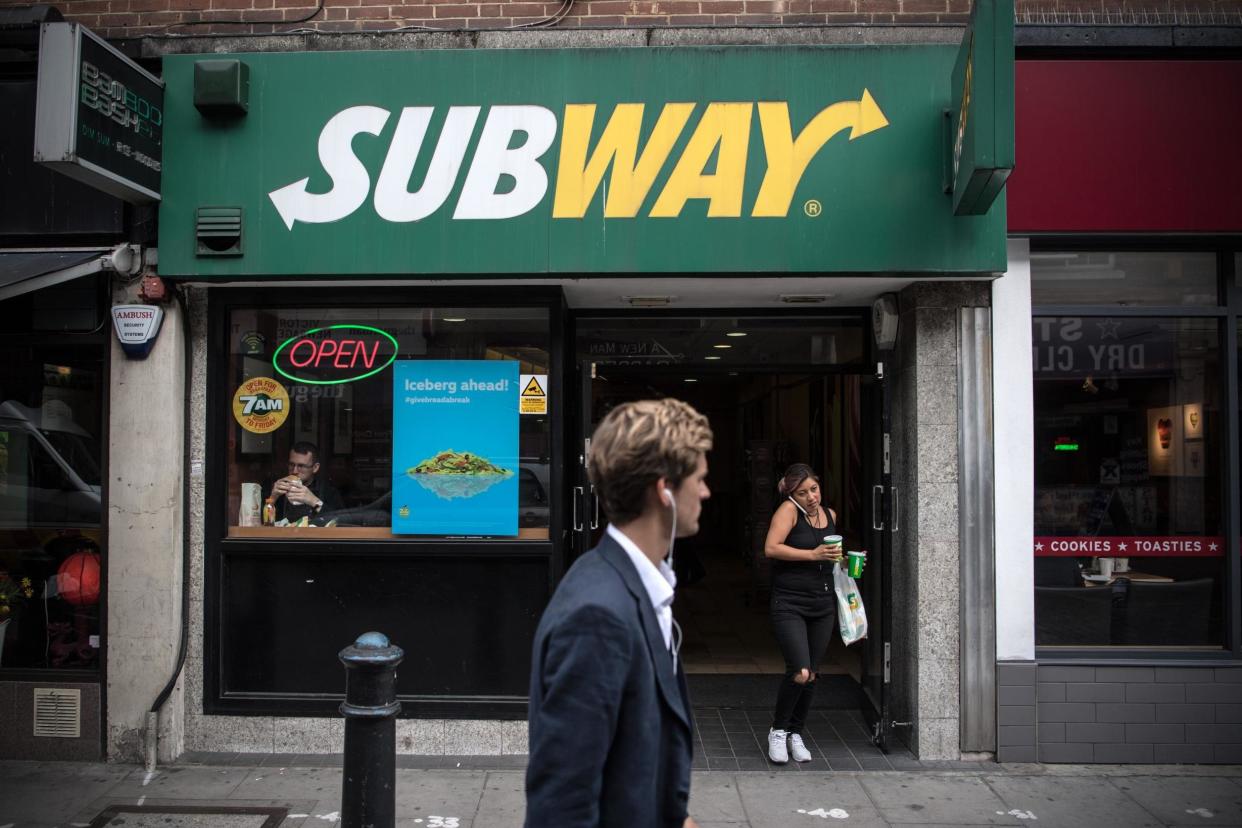Subway bread is not bread, Ireland's Supreme Court rules

The Supreme Court of Ireland has ruled that the bread served by Subway has too much sugar in it to be defined as bread.
The court ruling means the bread offered by the US sandwich chain, which has branches in more than 100 countries, cannot be deemed a staple food and is therefore ineligible for a zero VAT rate, the Irish Independent reported.
The ruling, which covered white and wholegrain bread, came after an appeal brought before the Supreme Court by Subway franchisee Bookfinders Ltd, based in Tuam, County Galway.
The case rested on whether the bread for Subway’s sandwiches fell outside the statutory definition of bread set out by the 1972 Value-Added Tax Act.
In its ruling, the five-judge court concluded the bread did in fact fall outside of that statutory definition due to it having a sugar content of 10 per cent of the weight of the flour included in the dough.
The 1972 act specifies the weight of ingredients such as sugar, fat and bread improver shall not exceed 2 per cent of the weight of flour in the dough and serves to differentiate bread from other baked goods.
“The argument depends on the acceptance of the prior contention that the Subway heated sandwich contains ‘bread’ as defined, and therefore can be said to be food for the purposes of the Second Schedule rather than confectionary. Since that argument has been rejected, this subsidiary argument must fail,” the court ruled.
A spokesperson for Subway told the Standard: "Subway’s bread is, of course, bread. We have been baking fresh bread in our stores for more than three decades and our guests return each day for sandwiches made on bread that smells as good as it tastes."

 Yahoo News
Yahoo News 
